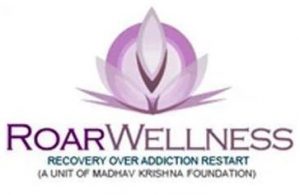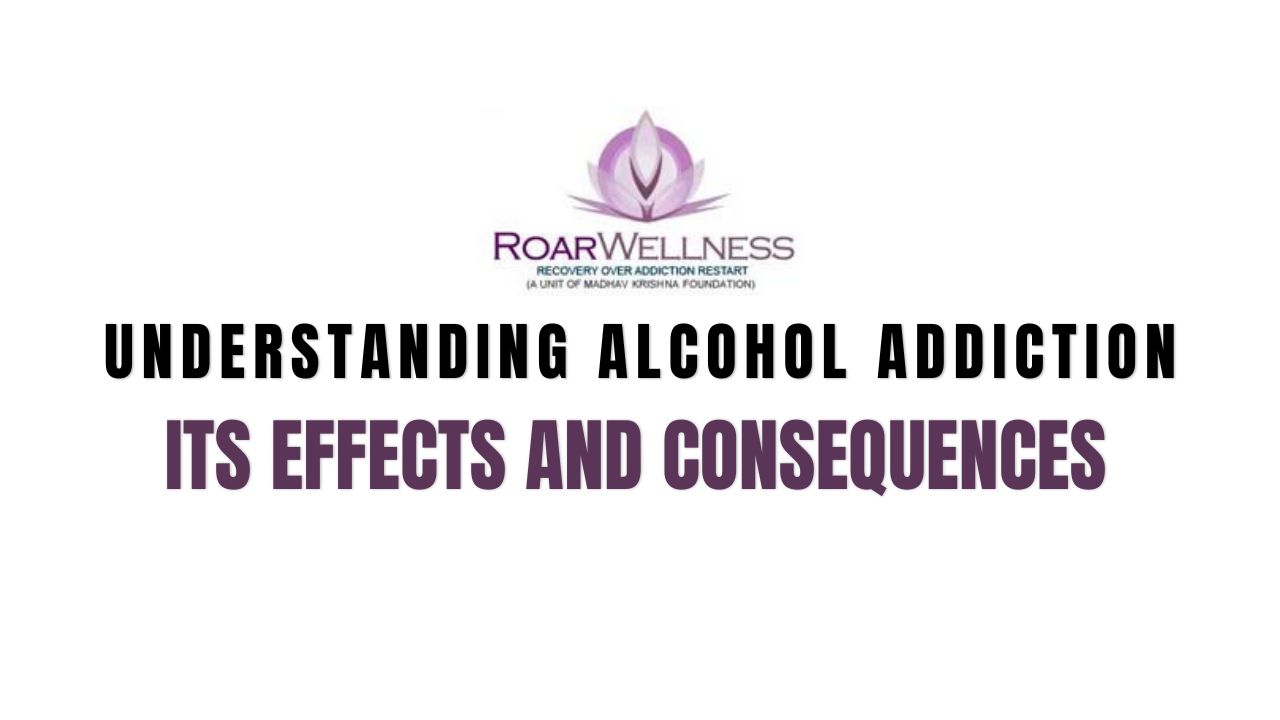Addiction is a complex and devastating condition that affects millions of individuals worldwide. It can manifest in various forms, such as substance addiction (e.g., drugs or alcohol) and behavioural addiction (e.g., gambling or internet use). This article explores what addiction is, its effects on individuals and society, strategies for overcoming addiction, and common pitfalls to avoid.
What is Addiction?
Addiction is a chronic brain disease characterized by compulsive substance use or engaging in a behaviour despite harmful consequences. It often begins with voluntary choices but can lead to changes in the brain’s structure and function, making it difficult for individuals to control their impulses. Key components of addiction include:
- Craving: An intense desire or need for a substance or behaviour.
- Loss of control: Difficulty in limiting or stopping use.
- Tolerance: The need for more of the substance or behaviour to achieve the same effect.
- Withdrawal: Unpleasant physical and psychological symptoms when not used.
Effects of Addiction
- Physical Health: Addiction can lead to severe physical health problems, such as heart disease, liver damage, respiratory issues, and an increased risk of infections like HIV/AIDS.
- Mental Health: Many individuals with addiction struggle with co-occurring mental health disorders like depression and anxiety.
- Relationships: Addiction can strain relationships with family, friends, and colleagues due to erratic behaviour, dishonesty, and neglect.
- Financial Consequences: Maintaining an addiction is expensive and can lead to financial instability, job loss, and legal problems.
- Social Isolation: Addiction often causes social withdrawal, as individuals prioritize their substance or behaviour over social connections.
Getting Rid of Addiction
Overcoming addiction is challenging, but it is possible with the right approach and support. Here are some steps to consider:
- Recognize the Problem: The first step is acknowledging the addiction and its negative impact on your life.
- Seek Professional Help: Consult with healthcare professionals, therapists, or addiction counsellors who can provide guidance and treatment options tailored to your needs.
- Develop a Support System: Share your struggle with trusted friends and family who can offer emotional support and encouragement.
- Treatment Options: Treatment may include therapy (individual or group), medication, detoxification, or rehabilitation programs.
- Lifestyle Changes: Adopt a healthier lifestyle by incorporating regular exercise, a balanced diet, and stress management techniques.
- Avoid Triggers: Identify and avoid situations, places, or people that trigger cravings.
What NOT to Do
- Do Not Isolate Yourself: Isolation can worsen addiction and contribute to feelings of hopelessness. Stay connected with loved ones.
- Do Not Attempt Cold Turkey: Quitting abruptly without professional guidance can lead to dangerous withdrawal symptoms. Consult a healthcare provider for a safe detox plan.
- Do Not Blame or Shame: Self-criticism and guilt can hinder recovery. Focus on positive change instead of dwelling on past mistakes.
- Do Not Replace One Addiction with Another: Substituting one addiction for another (e.g., replacing drugs with excessive exercise) can be counterproductive. Seek healthier coping mechanisms.
- Do Not Expect Instant Results: Recovery is a process, and setbacks may occur. Be patient and persistent in your efforts.
Alcohol De-addiction
Alcohol addiction, also known as alcohol use disorder (AUD), is a serious condition that requires careful consideration and a personalized approach to treatment. The best options for alcohol de-addiction and recovery often involve a combination of strategies, professional help, and the support of a reputable rehabilitation centre in Delhi. Here are some of the most effective options:
- Medical Detoxification: In cases of severe alcohol dependence, it’s essential to undergo medical detoxification under the supervision of healthcare professionals. This process helps manage withdrawal symptoms safely and can include the use of medications like benzodiazepines or antipsychotics.
- Inpatient Rehabilitation: Inpatient or residential treatment programs provide a structured environment where individuals can focus on recovery without distractions or access to alcohol. These programs typically offer a range of therapeutic interventions, counselling, and medical support.
- Outpatient Treatment: Outpatient programs are suitable for individuals with less severe AUD or those who have completed inpatient treatment. Outpatient treatment offers counselling, therapy, and support on a part-time basis, allowing individuals to continue with their daily lives.
- Counselling and Therapy: Behavioural therapies, such as Cognitive-Behavioural Therapy (CBT), Motivational Enhancement Therapy (MET), and Contingency Management, are highly effective in treating AUD. They help individuals identify and change harmful thought patterns and behaviours related to alcohol use.
- Support Groups: Alcoholics Anonymous (AA) and similar support groups offer a supportive community of individuals facing similar challenges. These groups provide a platform for sharing experiences, seeking guidance, and maintaining sobriety.
- Medications: Several medications can assist in reducing cravings and managing alcohol dependence. Examples include naltrexone, acamprosate, and disulfiram. These medications should be used under the supervision of a healthcare provider.
- Holistic Approaches: Complementary therapies such as mindfulness meditation, yoga, and acupuncture can help manage stress and promote overall well-being during the recovery process.
- Nutrition and Exercise: Adopting a healthy diet and engaging in regular physical activity can support recovery by improving physical and mental health. Alcohol often depletes essential nutrients, so nutritional guidance can be beneficial.
- Dual Diagnosis Treatment: For individuals with co-occurring mental health disorders (e.g., depression or anxiety), an integrated treatment that addresses both the addiction and the underlying mental health issues is crucial.
- Family and Social Support: Involving family members in therapy and support can be instrumental in the recovery process, as it can help rebuild strained relationships and create a supportive environment.
- Long-Term Aftercare: Recovery is an ongoing process. After completing a formal treatment program, individuals should continue participating in aftercare services, such as support groups and regular therapy sessions, to maintain sobriety and prevent relapse.
Also Read: What are the steps for a recovering alcoholic?
Conclusion
Although addiction is a serious and pervasive problem, with the appropriate treatment, recovery is achievable. The first steps toward recovery include realizing the nature of addiction, getting professional assistance, establishing a support system, and adopting constructive lifestyle adjustments. It’s crucial to keep in mind that what functions best for one individual could not function properly for another. The best method for treating alcohol addiction in delhi is frequently a customized treatment plan created under the direction of medical experts. Recognizing the issue and asking for assistance from a healthcare professional or addiction specialist who can evaluate your unique needs and suggest the best treatment alternatives is the first step towards recovery. People can regain control of their lives by staying committed to the recovery process and avoiding typical mistakes.


